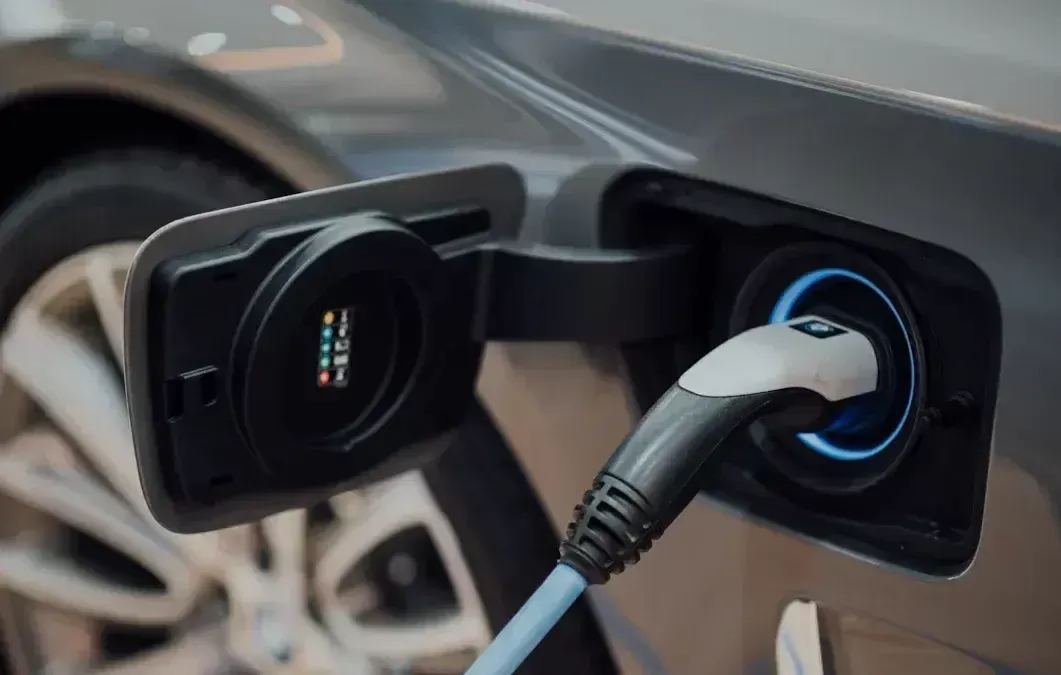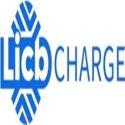Notifications

6 minutes, 45 seconds
-15 Views 0 Comments 0 Likes 0 Reviews

As a leading EV charger manufacturer in China, LiCB Charge delivers dependable AC and DC electric vehicle charging stations along with comprehensive charging solutions.
In a landmark development for the electric vehicle (EV) industry, the Open Charge Point Protocol (OCPP) has been officially standardized as IEC 63584 by the International Electrotechnical Commission (IEC). This international standard represents a major step forward in creating a globally interoperable and future-ready EV charging infrastructure.
By formalizing OCPP 2.0.1 within the IEC framework, the industry ensures that EV chargers and management systems from different manufacturers can communicate seamlessly. This is critical in a rapidly expanding EV ecosystem where flexibility, compatibility, and system integrity are paramount. With IEC 63584, EV charging networks worldwide are poised to become more unified, secure, and scalable.
The International Electrotechnical Commission (IEC), founded in 1906 and headquartered in Geneva, Switzerland, is a global standards organization for electrical, electronic, and related technologies. Its mission is to promote international cooperation to improve safety, interoperability, and energy efficiency across diverse industries.
In the EV space, the IEC shapes the standards that govern how charging stations are designed, operated, and integrated into broader electrical and communication networks. The adoption of OCPP as IEC 63584 is a foundational move toward creating a scalable and future-proof global EV charging ecosystem.
IEC 63584 specifies the communication protocol between EV charging stations and their Charging Station Management Systems (CSMS). It is based on OCPP 2.0.1, maintained by the Open Charge Alliance (OCA), which is the most widely adopted open protocol for EV charging.
The standard defines a unified framework ensuring interoperability across different chargers, networks, and backend systems. It utilizes JSON (JavaScript Object Notation) transmitted over WebSockets to enable real-time, efficient communication.
A key part of the standard, “Part 4 – JSON over WebSockets Implementation Guide,” provides detailed technical guidance for manufacturers and software developers to align implementations with IEC 63584.
Historically, proprietary communication protocols created silos, limiting charger and backend compatibility. IEC 63584 establishes a universal language allowing any compliant charger to integrate with any supporting management system, delivering consistent charging experiences globally and reducing “range anxiety.”
With rising EV adoption, grid demand increases significantly. IEC 63584 supports advanced features critical to grid resilience, including:
Load balancing to evenly distribute electricity across chargers
Demand response to adapt charging based on availability and pricing
Vehicle-to-Grid (V2G) capabilities allowing two-way energy flow
These features help build smarter, more stable energy ecosystems.
The standard’s clear technical protocols allow network operators to expand charging infrastructure rapidly without disrupting existing services. New chargers, software updates, and third-party integrations can be deployed with confidence in interoperability.
OCPP was originally created by the Open Charge Alliance to address the lack of a universal communication protocol between chargers and backend systems. Since its inception:
OCPP 1.5 and 1.6 provided basic communication capabilities.
OCPP 2.0.1 (2020) introduced robust security, device management, smart charging, and V2G support.
The formal adoption of OCPP 2.0.1 as IEC 63584 elevates it from a widely used de facto standard to an internationally recognized protocol, facilitating broader adoption in government, utility, and commercial deployments.
Different countries have varied charging standards and regulations. IEC 63584 harmonizes these, enabling cross-border compatibility and simplifying global charging network deployment.
Standardization enables manufacturers, software developers, and integrators to innovate collaboratively, focusing on advanced features and user experience rather than solving compatibility challenges.
Drivers gain confidence knowing they can charge anywhere without worrying about compatibility or technical issues. IEC 63584 ensures reliable, transparent, and consistent charging sessions, accelerating EV adoption.
While IEC 63584 lays a robust foundation, ongoing evolution is expected to address emerging trends such as:
Bidirectional charging and enhanced V2G functionality
Integration with renewable energy sources
AI-driven energy management
Real-time diagnostics enabled by 5G connectivity
The Open Charge Alliance and IEC committees will continue refining the protocol to keep pace with technological advances and the expanding smart mobility ecosystem.
The ratification of IEC 63584 as an international standard is a milestone for the EV charging industry. By standardizing OCPP 2.0.1 communication between chargers and backend systems, it unlocks unprecedented interoperability, flexibility, and innovation potential.
This global alignment paves the way for rapid EV infrastructure growth, smarter energy use, and a seamless charging experience worldwide. For manufacturers, operators, utilities, and drivers alike, IEC 63584 represents a unified path to a reliable and sustainable electric vehicle future.
As global EV adoption accelerates, IEC 63584 will serve as the cornerstone of scalable, intelligent, and user-centric charging networks—empowering EV drivers to charge confidently anywhere on the planet.Know more about Google SEO Directory
China EV Chargers EV Charger Manufacturer Smart EV Chargers Electric Car Chargers Electric Vehicle Chargers Electric Car Charging Stations

